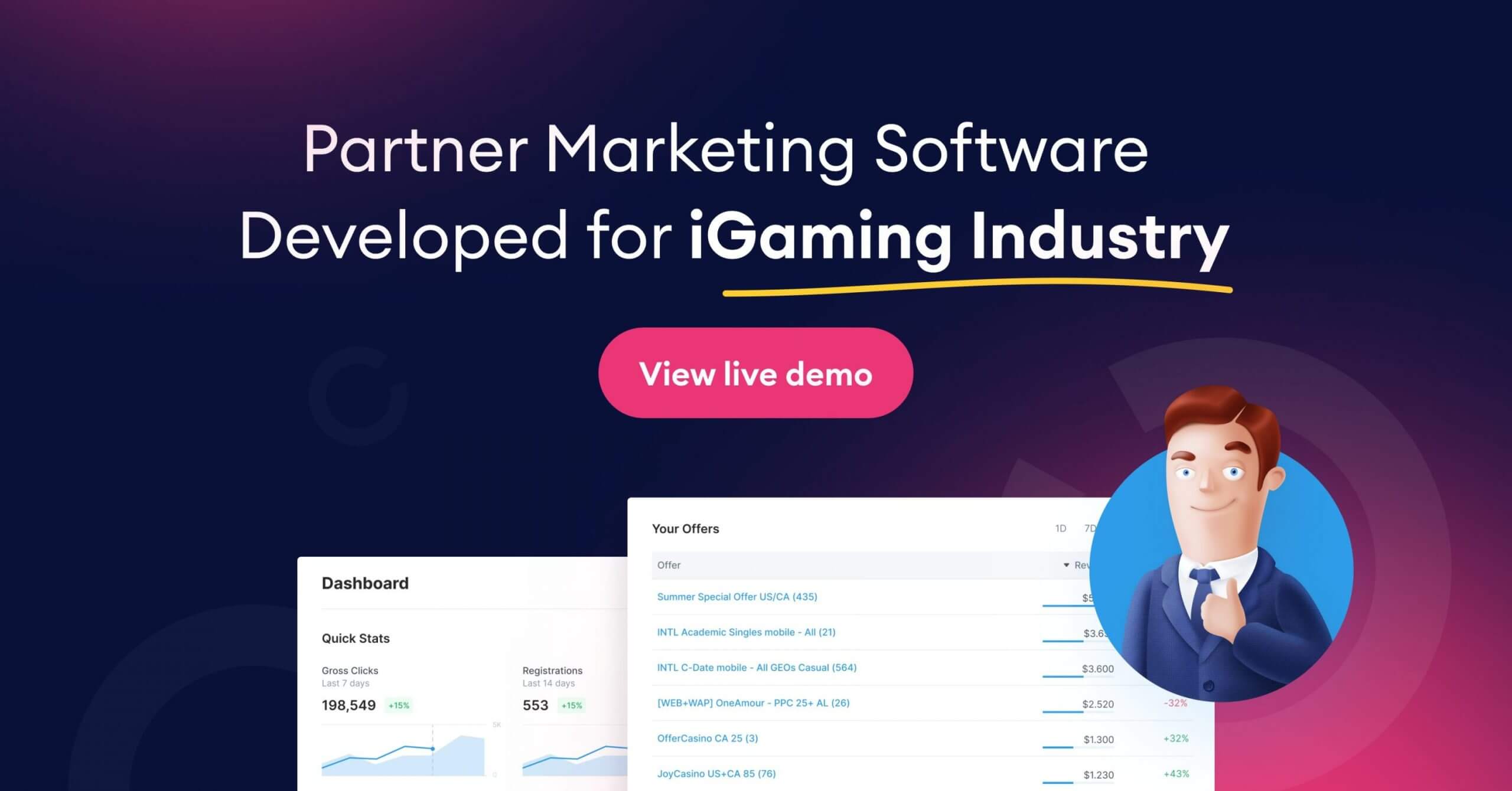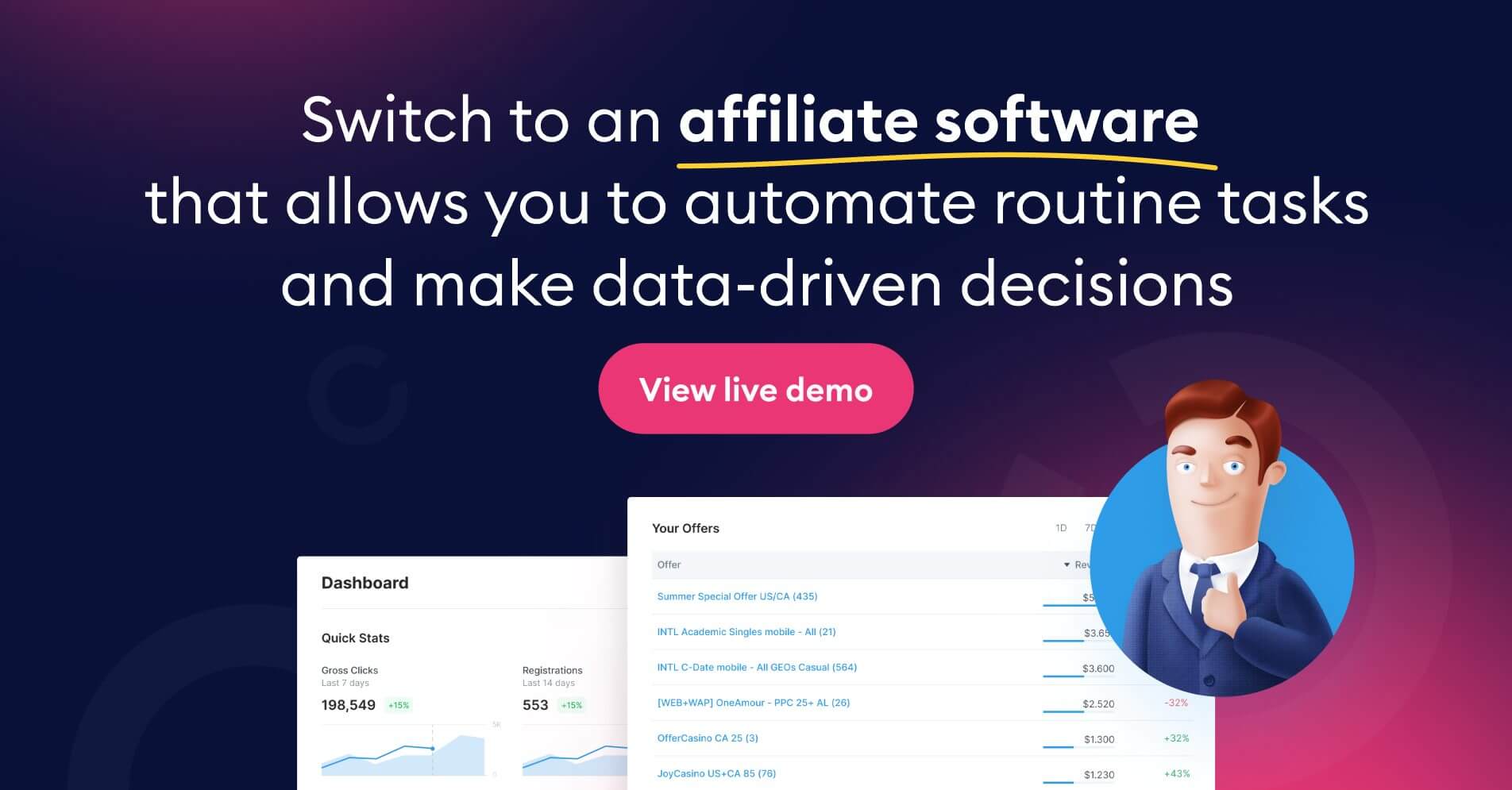In recent years, the sports betting industry has exploded in popularity, thanks in part to changes in legal regulations and the growth of online betting platforms.

But just how much are betting businesses spending to attract their ever-growing audience? More importantly, are these hefty marketing investments paying off?
The Growth of the Betting Industry: A Quick Snapshot
Did you know that the global sports betting market is expected to reach $140 billion by 2028, growing at a CAGR of 10.1%? That’s a lot of bets being placed! Technological advancements and the legalization of sports betting in several countries, particularly in the United States, have contributed to this meteoric rise.
Spending to Win: Unveiled Marketing Budgets
Now, let’s talk numbers.
Major players in the betting world are not shy about splashing cash on marketing. For instance, in 2020, some top sportsbooks allocated over 20% of their revenue to marketing efforts. But why such a high spend?
Well, it’s all about capturing market share in a fiercely competitive arena.
Does Big Spending Equal Big Returns?
So, does throwing millions into marketing translate to a healthy return on investment (ROI)? Here’s a teaser: Certain betting apps have reported a significant increase in user acquisition following targeted marketing campaigns. However, the real question is, are these users sticking around long-term?
In this article, we’ll dive deep into the dollars and sense of sportsbook marketing. We’ll look at the strategies, the spending, and most crucially, the returns. Are you ready to place your bets on what works in the betting marketing?
Let’s find out!
Betting Marketing Landscape
Welcome to the fast-paced and ever-evolving world of sportsbook marketing. It’s a landscape where creativity meets big bucks, and the stakes are as high as the potential payoffs.
How do sportsbooks stand out in a crowded market? It’s a mix of traditional and digital marketing magic. We’re talking TV and radio ads, sponsorships with major sports teams, and of course, a strong online presence. Digital marketing, especially, has become a focal point, with a significant chunk of the budget going towards SEO, social media, and online advertising.
Did you know that some of the largest betting businesses have formed partnerships with major sports leagues? For instance, a leading sportsbook brand became an official sports betting partner of the NFL in 2021, a deal that not only boosted their visibility but also legitimized sports betting in the eyes of many fans.
Power of Sponsorships and Endorsements
What’s the real impact of these high-profile partnerships and endorsements? They’re not just about brand visibility. These deals often allow betting outlets access to exclusive content, data, and advertising opportunities directly within stadiums and during broadcasts. This is crucial for engaging with die-hard sports fans.
Digital Dominance: Online Marketing Play
But wait, there’s more. With the digital wave sweeping across industries, how are sportsbooks leveraging online platforms? They’re doubling down on digital marketing strategies. Think targeted social media campaigns, engaging in content marketing, and personalized email marketing.
The goal?
To reach potential bettors right where they spend most of their time: online.
In this digital era, data is king.
Betting software uses sophisticated data analytics to understand customer behavior and preferences, tailoring their marketing messages accordingly. This approach helps acquire new customers and plays a pivotal role in retaining existing ones.
Spending Big: The Numbers Behind Betting Marketing
How deep are these companies digging into their pockets to win over bettors?
Breaking Down the Budgets
Let’s cut to the chase: the numbers are staggering. Major sports betting companies are allocating a substantial portion of their revenue to marketing. In fact, some industry leaders reported marketing expenditures amounting to over 25% of their total revenue in recent years.
But what does this translate to in real numbers?
We’re talking hundreds of millions of dollars annually.
Ever wondered how this spending compares to other industries?
Well, it’s significantly higher. For instance, in most consumer industries, marketing spend hovers around 10-15% of revenue. Sports betting companies are playing in a different league altogether.
The Strategy Behind the Spend
What drives such high marketing investments? It’s a combination of fierce competition and the need to continuously attract new customers. With more and more players entering the market, standing out requires not just creativity but also a willingness to invest heavily.
A Deep Dive into Digital Marketing Expenditure
Now, let’s zoom in on digital marketing spend. Online advertising has become a battleground for betting companies, with companies vying for visibility on search engines, social media platforms, and affiliate websites. In some cases, digital marketing accounts for over 50% of the total marketing budget. This includes costs for SEO, content marketing, and pay-per-click advertising.
The ROI Question: Is it Worth It?
So, does this monumental spend translate into profitable returns? The answer isn’t straightforward. While high spending does correlate with increased brand awareness and customer acquisition, the cost of acquiring each customer can be steep.
Did you know that the average cost per acquisition (CPA) in the sports betting industry can range from $500 to $800?
This figure is substantially higher than in many other sectors. The key to profitability lies in the lifetime value (LTV) of each customer. If a betting companycan retain a customer long enough, the initial high CPA pays off.
Comparing with Traditional Marketing Channels
It’s not all about digital, though. Traditional marketing channels like TV, radio, and print still consume a significant portion of the marketing budget. For instance, sportsbooks splurge on high-profile TV ads during major sports events like the Super Bowl or the FIFA World Cup, which can cost millions for a 30-second spot.
But are these traditional methods as effective as digital strategies? It seems the jury is still out. While TV ads have broad reach, their impact on direct customer conversion is harder to track compared to digital ads.
The Big Picture: Total Marketing Spend
Putting it all together, the total marketing spend in the betting industry is eye-watering. In recent years, some of the top sportsbooks have reported annual marketing budgets exceeding $200 million. This spend is a testament to the industry’s aggressive growth strategies and the high value placed on customer acquisition.
Measuring the Impact: Returns on Marketing Investments
In the high-stakes game of betting marketing, the big question is:
Are these massive marketing investments hitting the jackpot?
Let’s dive into how sportsbooks measure their marketing success and what returns they’re really seeing on their investment.
The Metrics That Matter
What’s the scoreboard for marketing success in the betting world? It’s all about metrics like customer acquisition costs (CAC), customer lifetime value (LTV), and return on ad spend (ROAS). These numbers tell a story beyond just the immediate profit. They reveal the long-term viability of marketing strategies.
But how do these metrics stack up?
For example, a sportsbook might report a CAC of around $500 but an LTV of $1,500. This indicates that, over time, each customer is bringing in three times what it cost to acquire them. Impressive, right?
Case Studies: When Big Bets Paid Off
Real-life success stories paint the clearest picture.
Let’s take a look at some notable examples.
One leading betting company reported a 150% increase in new user sign-ups following a targeted digital campaign. Another big player saw a 20% uplift in customer retention after revamping its loyalty program, which was heavily promoted through various marketing channels.
The Digital Edge: Online Marketing ROI
Digital marketing is not just a trend; it’s a game-changer. The ROI on digital campaigns can be startling. For instance, email marketing campaigns in the sportsbook industry have shown an average ROI of $38 for every $1 spent. Social media marketing isn’t far behind, with a reported average ROI of 28%.
Traditional vs. Digital: A ROI Showdown
So, is traditional marketing being left in the digital dust?
Not necessarily. While digital marketing offers better tracking and targeting capabilities, traditional marketing channels like TV and radio still play a crucial role in building brand awareness and credibility. The trick is finding the right mix.
The ROI of High-Profile Partnerships
Remember those big-name sports partnerships we talked about?
They’re not just for show. These partnerships often lead to exclusive deals and promotions that drive significant user engagement. For example, a sportsbook’s partnership with a major football league resulted in a 30% increase in bet placements during the league’s games.
Balancing the Books: Overall Marketing ROI
So, what’s the bottom line?
Calculating the overall ROI of marketing efforts in the betting industry involves a complex mix of short-term gains and long-term strategies. It’s not just about immediate profits; it’s about building a sustainable, loyal customer base.
In the next section, we’ll explore how betting companies can optimize their marketing spend and maximize ROI, with a special focus on the role of advanced tools like Scaleo in driving these efficiencies.
Optimizing Marketing Spend and ROI with Scaleo
In the dynamic world of betting marketing, making every dollar count is not just a goal; it’s a necessity. But how do sportsbooks ensure they’re getting the best bang for their marketing buck?
Allow me to introduc Scaleo, designed to turbocharge marketing efficiency and ROI.
The Big Question: How Efficient is Your Marketing Spend?
As a business owner or casino operator, you’re constantly asking, “Am I getting the most out of my marketing budget?” This is a valid concern, especially in an industry where customer acquisition costs are soaring. This is where sophisticated analytics and tracking tools like Scaleo come into play.
Scaleo: A Game-Changer in Marketing Analytics
What makes Scaleo stand out in the crowded field of marketing tools? It’s all about comprehensive, real-time analytics and the ability to track every aspect of your marketing campaigns. From click-through rates to customer conversion paths, Scaleo offers a detailed insight into what’s working and what’s not.
Understanding Customer Journeys
Did you know that understanding your customer’s journey is key to optimizing your marketing strategy? Scaleo helps map out this journey and provides insights into customer behavior and preferences. This data is invaluable for refining marketing tactics improving the user experience, leading to better customer retention and higher LTV.
Cutting-Edge Features for Maximum Impact
Scaleo doesn’t just track data; it transforms it into actionable insights. With features like fraud detection, affiliate management, and detailed reporting, it offers a 360-degree view of your marketing efforts. This means you can quickly identify underperforming campaigns and redirect your resources to more profitable avenues.
Tailoring Campaigns for Higher Engagement
Imagine having the power to tailor your campaigns to resonate perfectly with your target audience. Scaleo’s advanced segmentation and targeting capabilities allow for just that. Understanding customer preferences and behaviors, allows you to create highly personalized marketing campaigns that drive higher engagement and conversions.
ROI: The Ultimate Metric
At the end of the day, it’s all about ROI. How does Scaleo help boost this crucial metric? Providing detailed performance analytics allows you to measure the ROI of each campaign. This means you can focus on strategies that offer the best returns, ensuring your marketing budget is always an investment, not just an expense.
Streamlining Affiliate Marketing
Affiliate marketing is a key player in the sportsbook arena. Scaleo streamlines affiliate partnerships’ management, ensuring you get the most out of these relationships. Tracking affiliate performance and ensuring transparent reporting, allows you to guarantee that your affiliate marketing efforts are always on point.
The Future of Marketing in Sportsbooks
As the sportsbook industry evolves, so do the marketing tools and strategies.
Scaleo is at the forefront of this evolution, continuously updating its features to meet the changing needs of the market. For business owners and casino operators, staying ahead of the curve means leveraging tools like Scaleo to ensure marketing efforts are not just efficient but also future-proof.
Conclusion
Understanding and optimizing marketing spend is not just a strategy; it’s a necessity. The staggering budgets allocated to marketing highlight the industry’s commitment to growth and customer acquisition.
However, the true measure of success lies in achieving a favorable balance between marketing spend and ROI. As we’ve seen, effective marketing in this sector is not solely about the volume of expenditure but about strategic, data-driven decision-making. Tools like Scaleo are pivotal in this landscape, offering in-depth insights that guide smarter spending and better targeting.
For business owners and casino operators, embracing such tools isn’t just an option; it’s essential for staying ahead in a rapidly evolving market. The future of sportsbook marketing demands agility, foresight, and a keen understanding of customer behavior and preferences.
As you navigate this challenging yet rewarding domain, remember that every marketing dollar should pave the way for long-term growth and sustainability.
It’s time to harness the power of advanced analytics and optimize your marketing efforts with Scaleo. Start a free trial at Scaleo today and transform your sportsbook marketing into a winning strategy!

Last Updated on April 12, 2024




